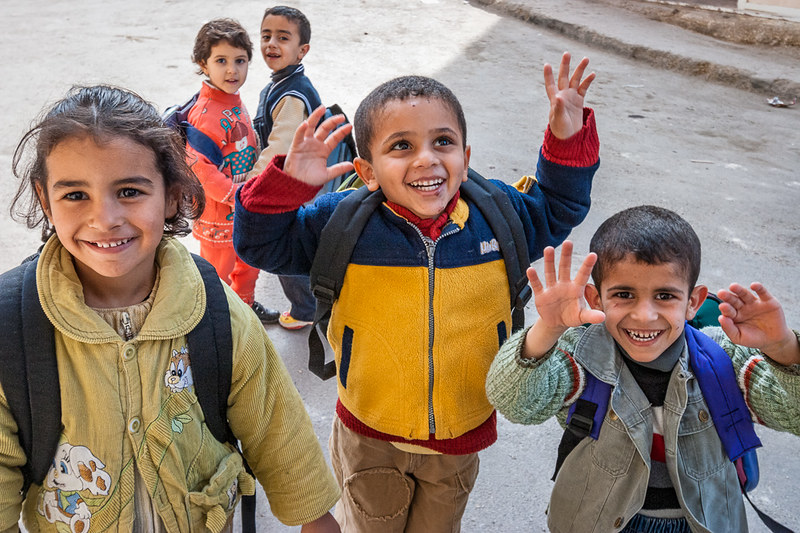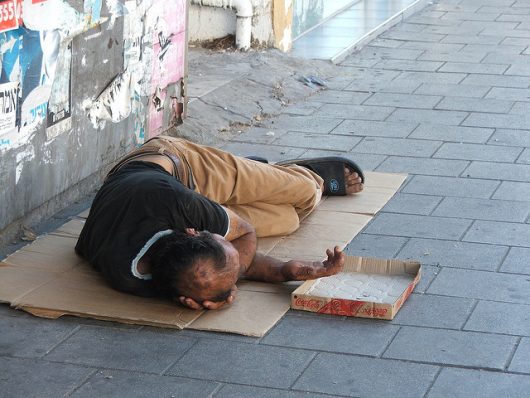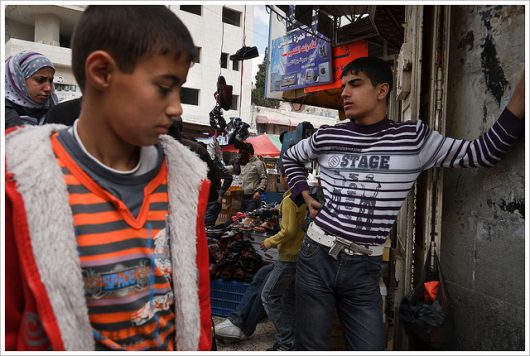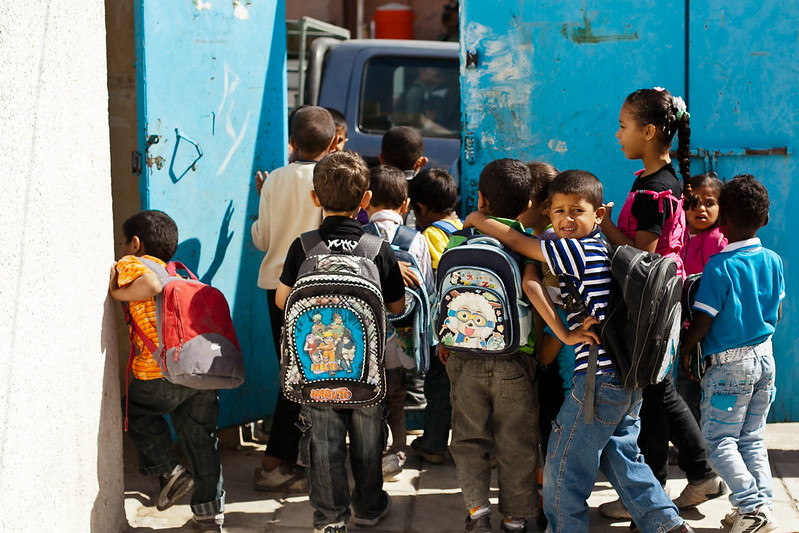 Since October 7, 2023, the crisis in Palestine has escalated exponentially, bringing serious concerns to the livelihood of Palestinians in the West Bank and Gaza. With up to 175,000 buildings being severely damaged or destroyed in the Gaza Strip, accessible health care and education for Palestinians has become nonexistent.
Since October 7, 2023, the crisis in Palestine has escalated exponentially, bringing serious concerns to the livelihood of Palestinians in the West Bank and Gaza. With up to 175,000 buildings being severely damaged or destroyed in the Gaza Strip, accessible health care and education for Palestinians has become nonexistent.
Effective and innovative strategies for improving the region’s health care and educational systems are paramount in the face of the conflict. Go Project Hope, a nongovernmental organization (NGO), understands that and works toward advancing health and education in Palestine through innovation and creativity.
Health and Education in Palestine
The decades-long occupation and blockade in Palestinian territories has left the health system in Gaza and the West Bank severely under-resourced. The growing conflict and violence between Israel and Palestine has worsened an already bleak situation. Additionally, the Israeli bombardment on the Gaza Strip since October 7, 2023, has damaged, destroyed or raided 32 out of a total of 36 hospitals, leaving the Palestinian health care system in collapse.
While Palestine has prioritized education and literacy for many years, the ongoing conflict in Gaza and the West Bank has severely impeded the value system. The displacement of nearly two million in the Gaza Strip has made access to education in the region impossible. According to 2024 reports from the United Nations Relief and Works Agency for Palestine Refugees in the Near East (UNRWA), more than 625,000 students and 22,564 teachers cannot access or contribute to the education system in Palestine.
On top of that, with the destruction of more than half of the buildings in Gaza, many educational buildings no longer exist or have been converted into refugee shelters. In consequence, the ongoing occupation and Israeli settlements in the West Bank have placed severe pressure and restrictions on already displaced Palestinians in accessing proper health care and education.
Go Project Hope’s Mission
Go Project Hope aims to improve and advance health and education in refugee camps worldwide. Through innovation and creativity, the organization has created mindful and unique initiatives for refugee camps in developing countries, focusing on improving health and education conditions. For the 1.7 million displaced Palestinians, Go Project Hope has created and funded initiatives considering the complexities of life in refugee camps, thus expanding their overall impact.
Innovations in health and education define progress in the face of crisis. With this prerogative, Go Project Hope has created and funded several programs prioritizing health and education in Palestine and for refugees worldwide.
Camp Care Comic
The Camp Care Comic series was created as an educational resource that addressed many mental and physical health concerns facing Palestinian refugees. The protagonist, Superhero Azhar, solves the problems facing Palestinians and refugees globally through fun and engaging pictures and story-telling. The comic series educates Palestinians on health concerns across the refugee camps, such as lice, scabies and stress, in an engaging and informative manner. The duality of the comic series is demonstrated as it is not only a creation to better education and literacy in refugee camps but to better the mental and physical health of refugees.
Jalazone Refugee Camp Music and Movement Program
Go Project Hope designed and created a movement and mindfulness program at the Jalazone refugee camp in the West Bank, specifically prioritizing the mental and physical health of special needs children and their siblings who would often take care of them.
According to a 2018 study on post-traumatic stress disorder (PTSD) in refugees, children and adolescents, psychiatrist J.M. Fergert explains that refugees fleeing from areas of severe danger and violence are significantly more likely to experience PTSD and similar mental disorders. Go Project Hope’s movement and mindfulness initiatives in the West Bank teach students healthy techniques to relax and bring them peace in the face of violence and conflict.
Final Note
With its innovative initiatives like the Camp Care Comic series organizations such as Go Project Hope offer hope in the face of crises that frequently characterize the developing world. The programs developed and funded by the NGO have provided essential support to refugee camps across Palestine, Iraq and Greece. These efforts continue to enhance the lives of thousands of refugees and instill hope worldwide.
– Juliana Granville
Juliana is based in Brooklyn, NY, USA and focuses on Technology and Global Health for The Borgen Project.
Photo: Flickr
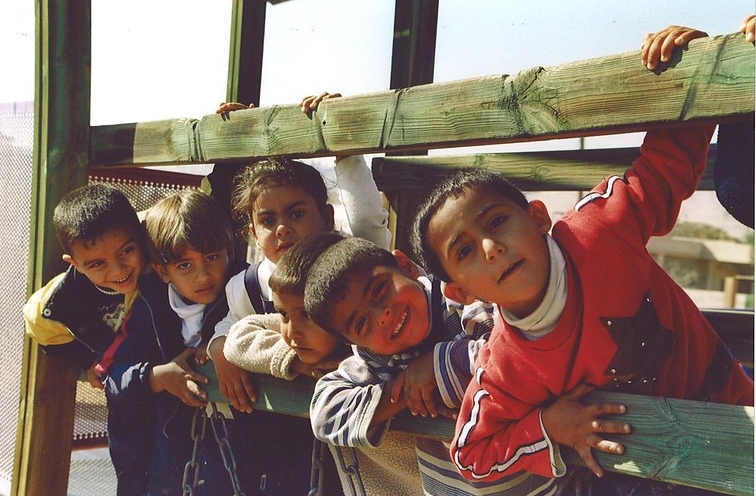
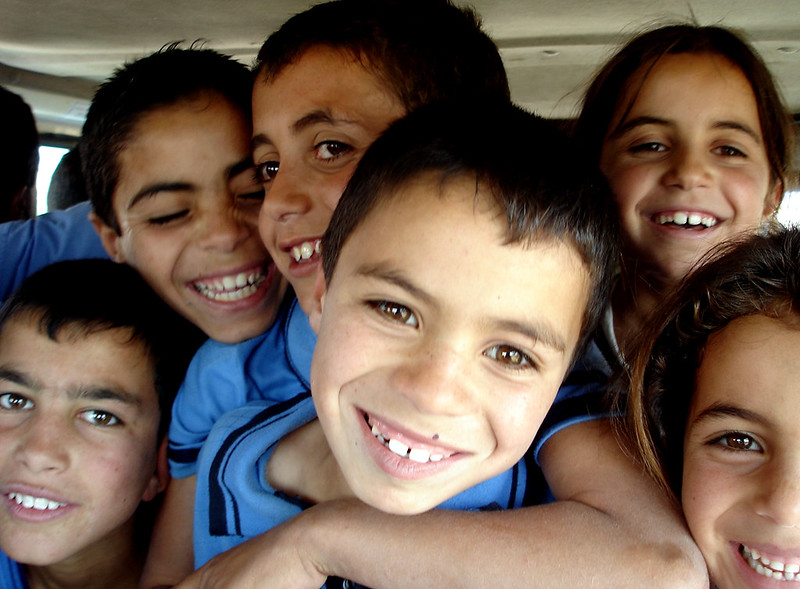
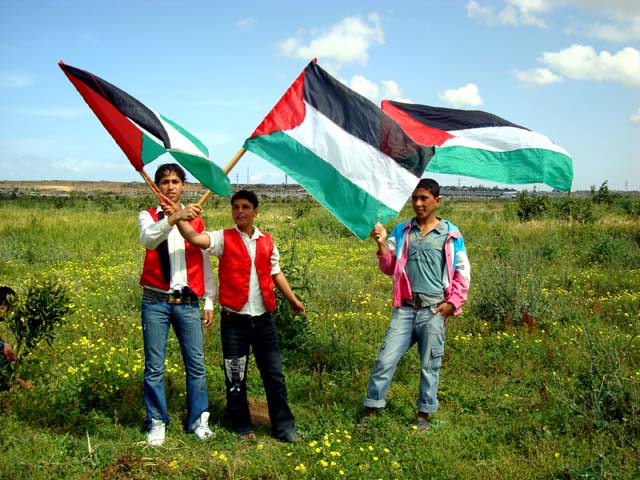
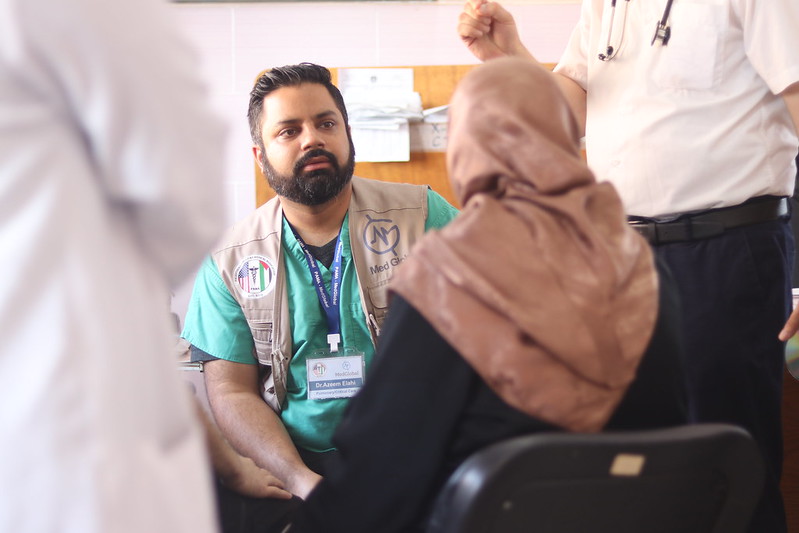
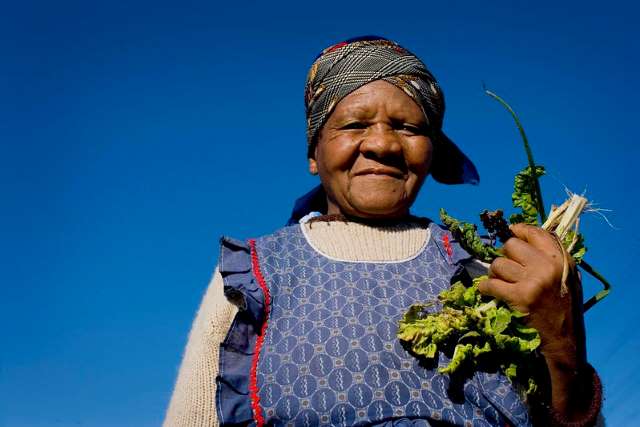 With the COVID-19 pandemic causing global economic downturns, food insecurity and unemployment, many communities in developing countries have turned to small-scale farming and home gardening as a solution. When the pandemic took full effect in March 2020, an upward trend in gardening around the world followed. In developing countries where access to food was dangerously inhibited by the pandemic’s economic effects, embracing small-scale gardening became crucial. To navigate a food crisis, residents of various developing countries embraced gardening and its many benefits, plotting gardens wherever they could find land. In addition to helping communities survive a food crisis by staving off hunger and providing necessary nutrients, gardening also supports struggling local economies and improves mental health. Gardening is helping people survive a pandemic and has taken root to assist communities to cope with the crisis.
With the COVID-19 pandemic causing global economic downturns, food insecurity and unemployment, many communities in developing countries have turned to small-scale farming and home gardening as a solution. When the pandemic took full effect in March 2020, an upward trend in gardening around the world followed. In developing countries where access to food was dangerously inhibited by the pandemic’s economic effects, embracing small-scale gardening became crucial. To navigate a food crisis, residents of various developing countries embraced gardening and its many benefits, plotting gardens wherever they could find land. In addition to helping communities survive a food crisis by staving off hunger and providing necessary nutrients, gardening also supports struggling local economies and improves mental health. Gardening is helping people survive a pandemic and has taken root to assist communities to cope with the crisis.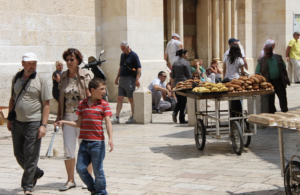 Palestine is a region in the Middle East comprising the Gaza Strip and West Bank, with much of the territory currently under Israeli occupation. Palestine already experiences a number of humanitarian crises and restrictions on goods such as food and natural resources. However, the pandemic means the areas must now solve the problems with both COVID-19 and food security.
Palestine is a region in the Middle East comprising the Gaza Strip and West Bank, with much of the territory currently under Israeli occupation. Palestine already experiences a number of humanitarian crises and restrictions on goods such as food and natural resources. However, the pandemic means the areas must now solve the problems with both COVID-19 and food security.